Intervals of Praise: A New Reality in Public Schools
What Are the Praise Intervals?
You know, lately we’ve been witnessing a really interesting trend in Brazilian schools, both public and private: the praise intervals. These moments of worship, happening outside the church walls, are becoming a regular part of students’ daily lives—even in institutions that, on the surface, don’t have any explicit religious ties. It’s a shift that’s catching many by surprise, and it’s definitely worth discussing.
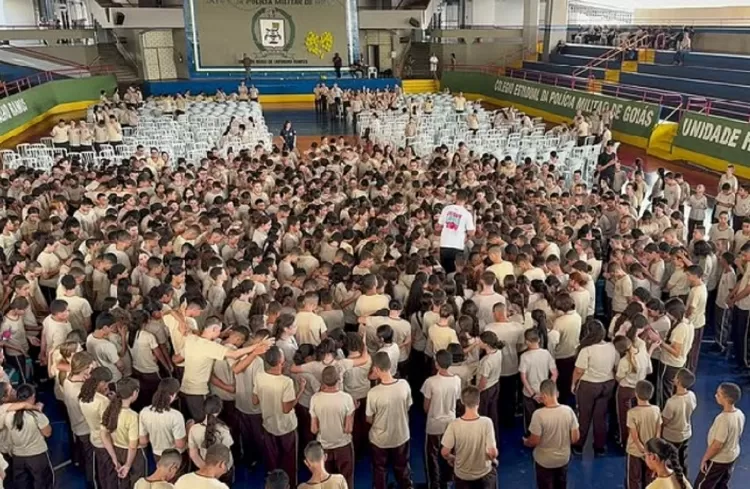
Image: Reproduction/Instagram
The Rise of the Practice
Now, here’s where things get fascinating. Devotional gatherings are really picking up steam, especially among evangelical communities. They’re organizing meetings where students sing, pray, and share biblical teachings.
In fact, research indicatesthis practice is already a part of schools in at least 19 states across Brazil, spreading rapidly, fueled by social media posts and data. It seems like everywhere you look, these gatherings are popping up!
How Do These Moments Work?
So, how exactly do these praise intervals go down? Well, they can range from small, spontaneous get-togethers set up by the students themselves to more structured events featuring guest appearances by religious leaders.
Take São Paulo, for example, where at Etec Guaracy Silveira, there’s a group that meets every week for just this purpose. It’s incredible how vibrant these gatherings have become, right?
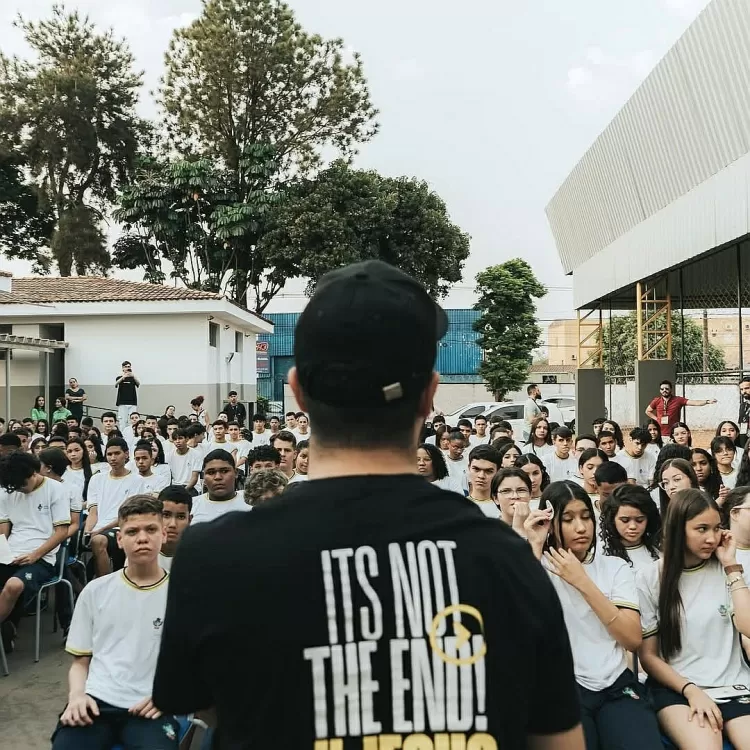
The Legal Controversy
However, it’s not all smooth sailing. This practice comes with its fair share of legal controversies. According to Article 19 of the Brazilian Constitution, it’s off-limits for public schools to support any kind of religious worship unless there’s a public interest involved.
This has ignited debates within the Ministry of Public Affairs and even Congress, where there’s currently a bill being deliberated that aims to legalize voluntary religious activities in schools—potentially penalizing any administration that tries to shut them down. It’s definitely a hot topic!
Diverse Opinions
Interviews with legal experts, educators, and students reveal that opinions about these devotionals are pretty split. Some people strongly advocate for religious freedom, while others argue that the presence of these events could undermine the secular nature of the state, making things uncomfortable for those who don’t share the same beliefs. It’s a tough line to walk, and everyone seems to have a stake in this conversation.
What Educators Are Saying
Educators like Professor Marcondes Rodrigues from the public system are raising flags, suggesting that these gatherings could unintentionally morph into full-blown worship sessions, negatively affecting students who don’t share that faith.
On the flip side, there’s the mother of a student who mentions that these meetings have been nothing but positive for her daughter, emphasizing that participation is completely voluntary. It’s definitely a mixed bag of perspectives!
The Role of Religious Influencers
In Goiás, the situation takes on another layer with the involvement of “influencer missionaries” who set up large-scale events in schools, turning gymnasiums into vibrant worship spaces—often streamed live on social media.
This raises some serious concerns about using public resources for religious practices, doesn’t it? Balancing community needs with individual freedoms is definitely a tightrope walk.
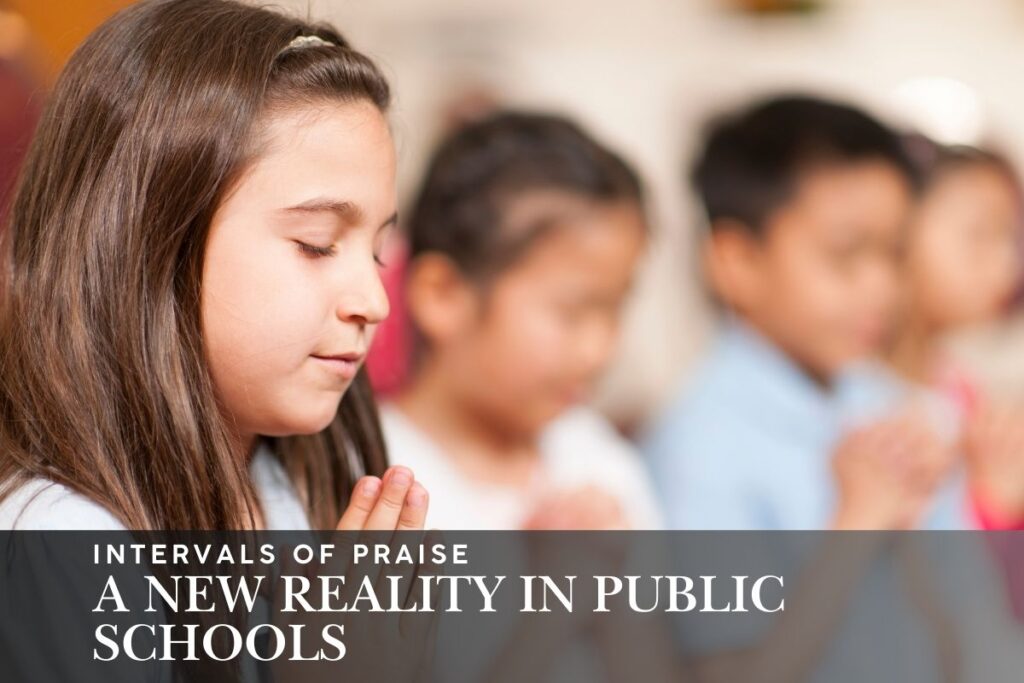
The Ministry of Public Affairs Steps In
In response to these growing concerns, the Ministry of Public Affairs in Pernambuco has kicked off procedures aimed at ensuring that religious practices don’t overstep legal boundaries, all while looking to prevent any kind of proselytizing in schools.
There’s even a petition with over 17,000 signatures, backed by evangelical lawmakers, making the rounds to defend the continuation of these devotionals. The stakes are high!
Conclusion: Are We Nearing a Solution?
To wrap it all up, the debate around praise intervals in Brazil’s public schools is indeed complex and multi-faceted. While there’s a genuine appreciation for religious freedom, finding a balance that honors the rich tapestry of beliefs within the school environment is crucial.
The conversation surrounding this issue is far from over and will surely lead to more discussions and decisions at both legal and educational levels.
Our society is in a constant state of evolution, and naturally, the way we navigate religion in educational contexts will need to adapt too. For the well-being and equity of all students, clear dialogue and structured regulations are absolutely key.
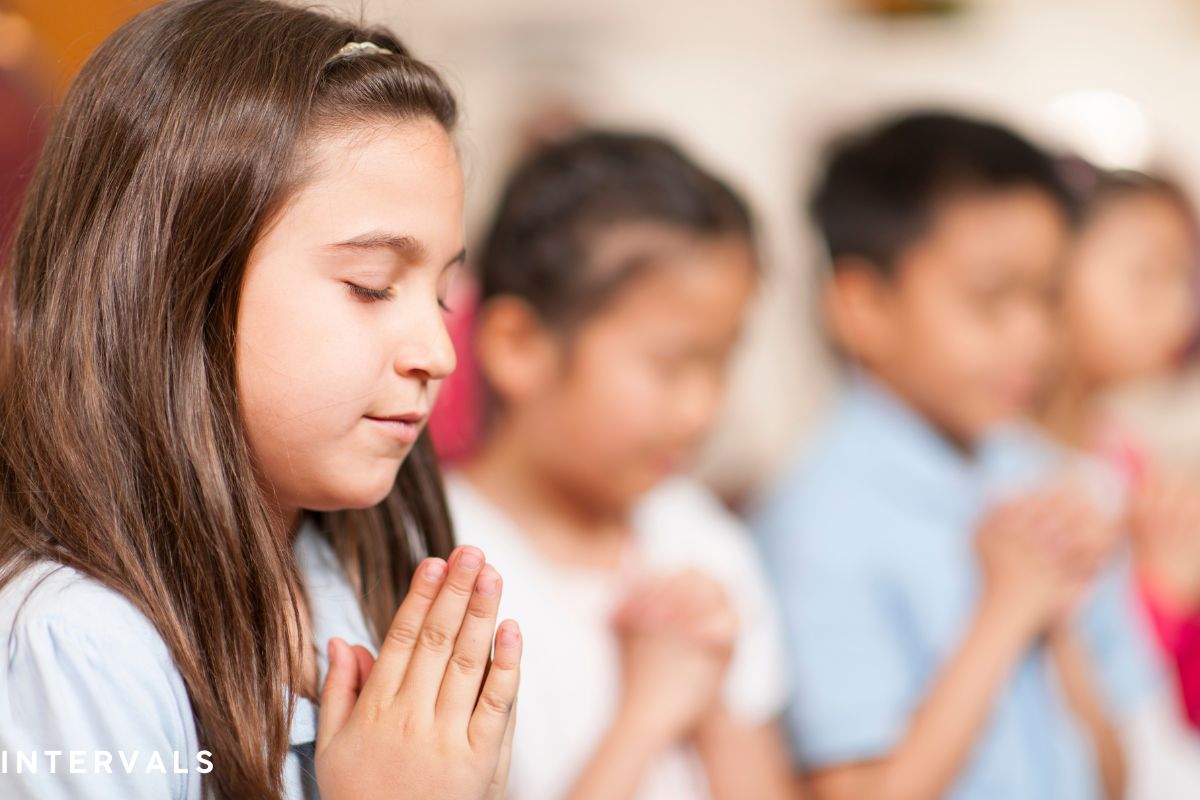

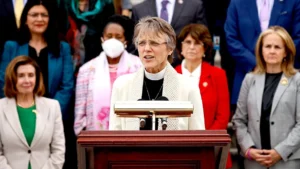








Publicar comentário